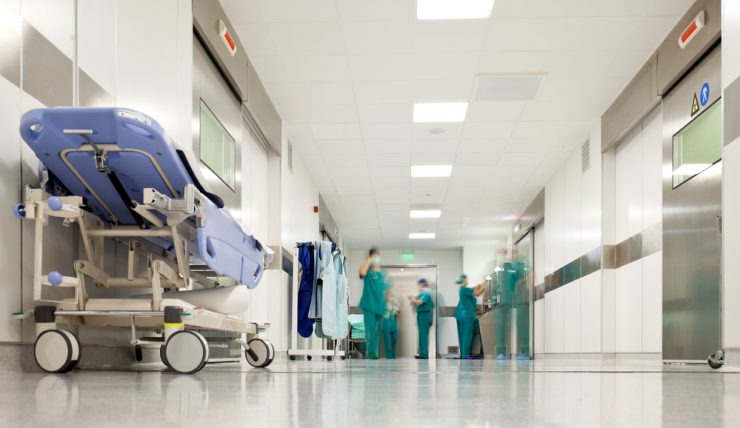Ulcerative Colitis is a long term condition and currently there is no cure. At the moment treatments for Ulcerative Colitis involve managing the condition so patients in remission can maintain that status and symptoms are reduced during flare ups.
Treatments for Ulcerative Colitis will be managed by a GP, specialist nurses and gastroenterologists. Which treatment is offered will depend on the severity of the condition. Mild or moderate Ulcerative Colitis is often treated with Aminosalicylates (5-ASAs), such as mesalazine and sulphasalazine. They are anti-inflammatories which may be taken short term during a flare up to reduce the symptoms or long term to maintain a remission. They can be taken orally, as a suppository or an enema. A key advantage of this treatment is that the side effects of the drugs are rare and mild.
Corticosteroids are a more powerful treatment which may be offered instead of or in conjunction with 5-ASAs, if these alone are not working. These may be more effective in reducing the inflammation but cannot be used as a long term medication as long term use may cause osteoporosis and cataracts. Even short term steroid use may have side effects such as acne, weight gain and mood change.
Another treatment for mild to moderate symptoms is immunosuppresants such as azathioprine and tacrolimus. These will inhibit the activity of the immune system which is causing the inflammation. They can be taken long term and are effective in maintaining remission, although they make take a few months before the impact becomes apparent. With a suppressed immune system, infections can be more serious and need medical treatment. It may also lower the production of red blood cells, resulting in anaemia.
Severe flare ups are likely to need hospital treatment to avoid severe hydration or serious complications such as a ruptured bowel. Medication is often given intravenously. The medication may be a more powerful immunosuppressant such as cyclosporine which starts working quickly or biologic medications such as infliximab which targets the proteins used by the immune system to cause the bowel inflammation. Side effects of these powerful treatments for Ulcerative Colitis can also be more severe including an increased risk of infection, allergy symptoms and sickness. There may also be a risk of reduced kidney and liver function and high blood pressure, although this will be carefully monitored while undergoing treatment.
The most drastic treatment for Ulcerative Colitis is surgery to permanently remove the colon. This treatment is only carried out if the patient is suffering so frequently it is having a highly detrimental effect on their quality of life or if a flare up is dangerously severe. With the colon removed, the small intestine will be used to remove waste products from the body. Either this will require an ileostomy where an incision is made in the abdomen, with special bags required to collect the waste or by creating an ileo-anal pouch to connect the small intestine to the anus so stools can be passed normally. As surgery can have complications and an ileostomy or ileo-anal pouch are permanent changes, this treatment will require careful consideration before it is carried out.













